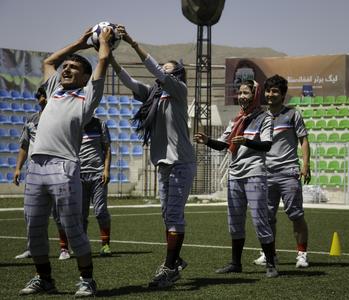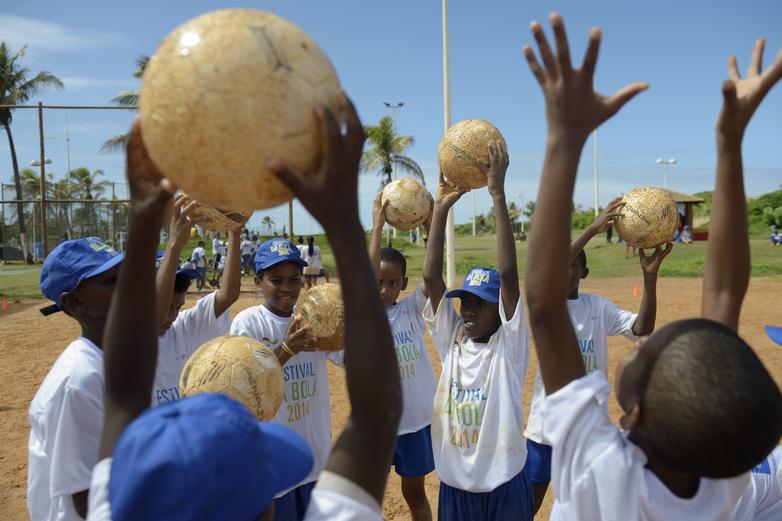Context
Sport bridges social divides, brings people together and makes societies more stable. The United Nations (UN) has also recognised ‘sport as a means to promote education, health, development and peace’ and included it in the 2030 Agenda for Sustainable Development. In this way, sport plays a key role in development cooperation.
As children and young people, especially girls and young women, are particularly affected by global challenges, they are the main focus of programme activities. Through the programme, sport strengthens gender equality, reinforces social cohesion, and promotes employment for young people.



